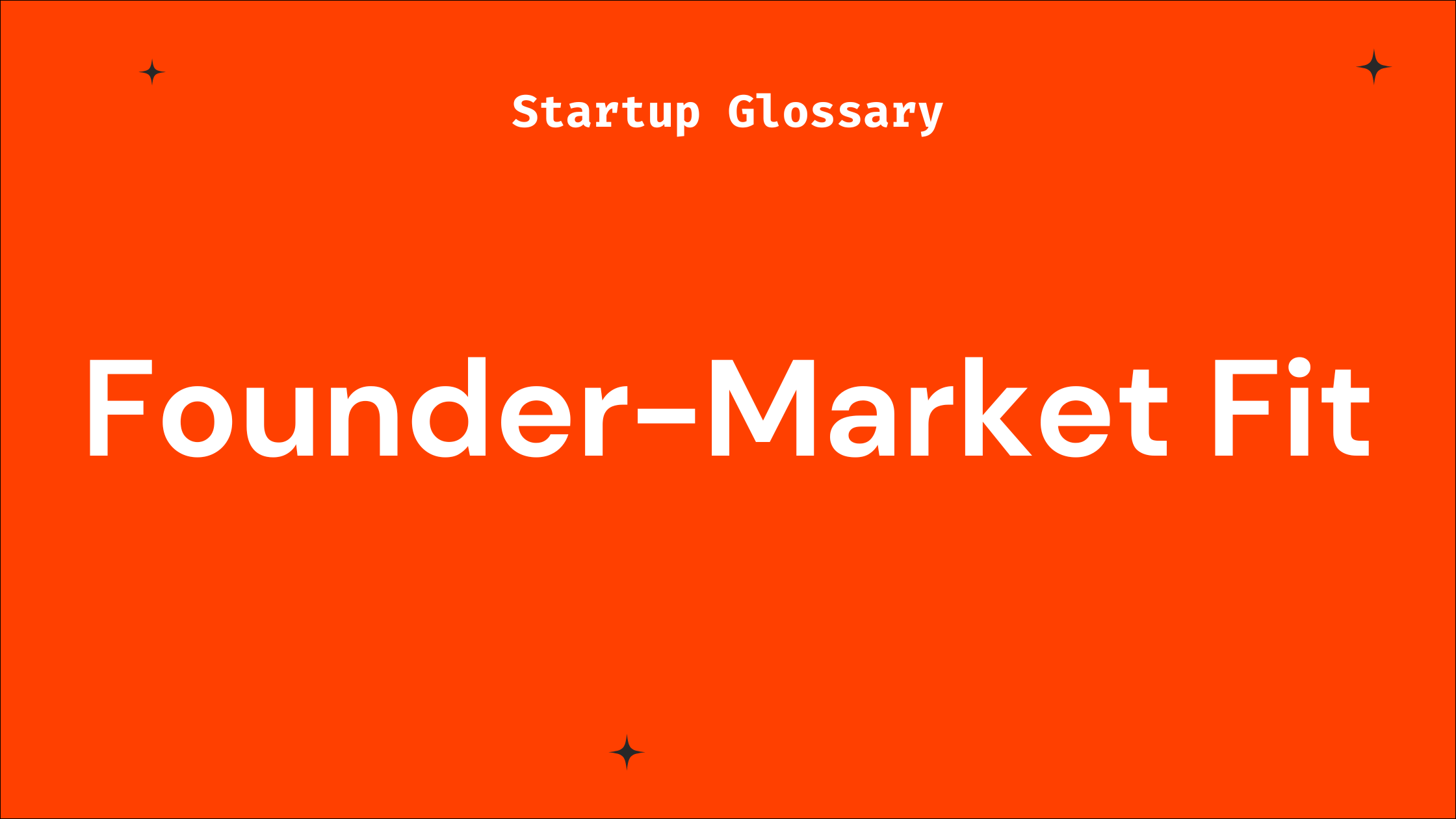
What is Founder-Market Fit?
Founder-market fit is the secret ingredient behind startup success. Learn what it is, why it matters, and how to achieve it as a founder.
If you're a startup founder, you've likely heard of product-market fit. But have you considered founder-market fit? This often-overlooked concept could make or break your entrepreneurial journey. Founder-market fit describes the alignment between a founder's background, skills, and passions and the market they are trying to disrupt. It's about being the right person to solve the problem you're tackling.
As a YC alum and co-founder of Horizon-Labs.co, I’ve witnessed firsthand how founder-market fit accelerates growth and decision-making. Let’s break down what founder-market fit is, why it matters, and how you can find it in your startup journey.
What Is Founder-Market Fit?
Defining the Concept
Founder-market fit is the intersection of your personal expertise, life experiences, and passion with the needs of a specific market. It's when you, as a founder, are uniquely positioned to solve a problem because of who you are and what you’ve done.
Think of it this way: if product-market fit is about creating something people want, founder-market fit is about proving you’re the best person to build it.
Why It’s Different from Product-Market Fit
While product-market fit measures how well your solution meets the needs of a market, founder-market fit focuses on your credibility and ability to deliver that solution. Without founder-market fit, even a great idea can struggle to gain traction because investors, customers, and potential hires may question your authority in the space.
Why Does Founder-Market Fit Matter?
Builds Trust with Stakeholders
When your background aligns with the problem you’re solving, it’s easier to convince investors and customers to trust you. For instance, my experience in healthtech at Yura Health and Tasso helped me build credibility with clients in the space.
Increases Speed of Execution
If you have deep knowledge of a market, you’ll spend less time learning the basics and more time solving problems. Familiarity with industry pain points enables you to make better decisions, faster.
Keeps You Resilient
Startups are hard. Founder-market fit acts as an anchor, keeping you motivated when things get tough. Passion for the market you’re serving ensures you stay committed during setbacks.
How to Identify Founder-Market Fit
Ask Yourself Key Questions
- What industries or problems am I passionate about?
- What skills or experiences make me uniquely suited to address these problems?
- Do I have a network in this space that can help me succeed?
Evaluate Your Background
Look at your professional and personal history. Have you worked in the industry you’re targeting? Do you have insider knowledge or a unique perspective? These factors can position you as an authority.
Test Your Fit
Speak to potential customers, investors, and mentors in your target market. Do they see you as a credible expert? Are they excited about your ability to solve the problem?
Examples of Founder-Market Fit
Real-Life Success Stories
- Brian Chesky, Airbnb: As a designer with experience in creating unique experiences, Chesky understood the need for more personalized, affordable travel accommodations.
- Melanie Perkins, Canva: Her background in teaching design software informed her vision for an easy-to-use graphic design platform.
- Samir Sen, Flair Labs: Horizon Labs helped Samir leverage his expertise in AI to deliver cutting-edge solutions. His deep understanding of AI applications allowed him to create a product customers trusted.
What to Do If You Lack Founder-Market Fit
Partner with Experts
If you don’t have direct experience in your target market, consider partnering with someone who does. Their credibility can complement your vision.
Invest in Research
Take the time to immerse yourself in the industry. Attend conferences, talk to potential customers, and stay updated on trends.
Pivot When Necessary
If you realize your background doesn’t align with your market, don’t hesitate to pivot. It’s better to refocus than to waste time in a space where you’re not the right fit.
The Hidden Benefits of Founder-Market Fit
Enhances Team Morale and Recruitment
Founder-market fit doesn’t just convince investors—it also inspires your team. When your team sees how your background and passion align with the mission, they’re more likely to buy into the vision. This also makes recruiting easier. Talented individuals want to work with leaders who clearly understand the space they’re in.
Reduces Founder Burnout
Burnout is common among startup founders. However, when you deeply care about the market or problem you’re addressing, the work often feels more meaningful. While no one is immune to stress, founder-market fit ensures your motivation is tied to a personal mission, not just external rewards.
Opens Doors to Strategic Partnerships
Industry insiders and established players are more likely to collaborate with founders who have credibility in their field. Founder-market fit can open doors to partnerships that amplify your product’s reach, from pilot programs with larger companies to co-branding opportunities with trusted names in the industry.
Common Misconceptions About Founder-Market Fit
“You Need a Decade of Experience”
While experience helps, it’s not the only factor. Many successful founders didn’t spend years in their market before launching their startups. Passion, curiosity, and the willingness to learn can often make up for a lack of experience.
“It’s Only About Passion”
Passion alone isn’t enough. Founder-market fit requires a balance of passion and actionable expertise. You need to pair your enthusiasm for solving the problem with the ability to deliver results.
“It’s Static”
Founder-market fit isn’t a one-time decision—it evolves as your market changes. Founders who succeed continuously refine their understanding of the space, adapting to trends and customer needs.
Why Investors Care About Founder-Market Fit
De-Risks Their Investment
Investors want to minimize risk. Founder-market fit reassures them that you know the space and can navigate its challenges. It’s a signal that you’re less likely to waste time on rookie mistakes.
Signals Commitment
When founders are connected to a market through personal or professional experiences, they’re less likely to abandon the startup during tough times. Investors see this as a sign of long-term dedication.
Accelerates Go-To-Market Strategies
Investors know that founder-market fit speeds up product development and market penetration. Founders with deep domain knowledge already have an intuitive grasp of what customers need and how to position their product.
How Horizon Labs Supports Founder-Market Fit
At Horizon Labs, we understand how critical founder-market fit is for startup success. As your strategic tech partner, we help you bridge the gap between your vision and technical execution.
Here’s how we ensure founder-market fit drives your product forward:
- Discovery Workshops: We work with founders to unpack their expertise and identify unique insights that can shape the product strategy.
- Tailored Prototyping: Our team designs MVPs that reflect your knowledge of the market, ensuring the product is aligned with your vision.
- Strategic Partnerships: If you’re exploring markets where you lack expertise, we can introduce you to trusted advisors and partners who can help.
- Iterative Feedback Loops: We create processes to collect and analyze user feedback, enabling you to adapt quickly while staying aligned with your market expertise.
For founders ready to bring their ideas to life, Horizon Labs offers the technical expertise and industry knowledge to make it happen.
Email us at info@horizon-labs.co or schedule a call at https://www.horizon-labs.co/contact to see how we can help you scale your startup with confidence and precision.
Frequently Asked Questions (FAQs) about Founder-Market Fit
Q: How can I assess whether I have founder-market fit for my startup?
A: Start by reflecting on your personal and professional experiences. Ask yourself if you have a unique perspective, skills, or network in the market you’re targeting. Then, validate your fit by speaking with potential customers, investors, and mentors. Their feedback will indicate whether they see you as a credible and capable founder in this space.
Q: Is founder-market fit necessary for success, or can I still succeed without it?
A: While founder-market fit isn’t mandatory, it significantly increases your chances of success. Without it, you’ll face a steeper learning curve, slower decision-making, and potentially less trust from stakeholders. If you lack direct fit, surround yourself with advisors, co-founders, or team members who bring credibility and expertise to your venture.
Q: Can founder-market fit be built over time?
A: Absolutely. Founder-market fit is dynamic and can be developed through deep research, industry engagement, and practical experience. Immersing yourself in the market, attending events, and networking with key players will help you build credibility and a deeper understanding of the space.
Q: What role does founder-market fit play in raising funds?
A: Investors place significant value on founder-market fit because it de-risks their investment. A founder with expertise or connections in a market signals to investors that you understand the challenges and have the skills to navigate them. It can also make your pitch more compelling and credible.
Q: How does founder-market fit differ for technical vs. non-technical founders?
A: For technical founders, founder-market fit often comes from their ability to build innovative solutions directly tied to their expertise. Non-technical founders might rely on their deep understanding of customer pain points, industry networks, or operational expertise. Both can achieve founder-market fit but might approach it from different angles.
Q: Are there markets where founder-market fit matters more than others?
A: Founder-market fit is critical in highly specialized or regulated industries like healthcare, fintech, and AI, where expertise and credibility are paramount. In broader markets, like consumer apps, passion and the ability to connect with users may weigh more heavily.
Q: Can founder-market fit change as my startup grows?
A: Yes. As your company scales, the market’s needs may evolve, requiring you to grow alongside it. For example, you might start with strong founder-market fit in a niche but need to expand your knowledge and network to tackle adjacent markets or customer segments.
Q: What’s the first step for a founder who realizes they lack founder-market fit?
A: Begin by identifying the gaps in your knowledge or experience. Consider partnering with someone who has the necessary expertise, investing time in learning about the market, or pivoting to a space where you have stronger alignment.
Q: How can I use founder-market fit to attract top talent?
A: Demonstrating strong founder-market fit shows potential hires that you’re deeply invested and knowledgeable about the problem you’re solving. This can inspire confidence in your leadership and the mission, making talented individuals more likely to join your team.
Q: How does founder-market fit influence company culture?
A: Founder-market fit shapes how you and your team approach problems. When the founder has deep ties to the market, it creates a culture of authenticity and trust, aligning everyone toward the mission with a clear sense of purpose.
Build With People Who Understand Founder-Market Fit
Founder-market fit isn’t just a buzzword—it’s one of the strongest signals that a founder is headed in the right direction. At Horizon Labs, we’ve partnered with dozens of startups where the founder’s personal connection to the problem accelerated everything—from user interviews to fundraising to MVP launch. Whether you’ve already got deep domain expertise or you’re working to build it, our team helps turn your unique insight into working software, faster than you thought possible.
If you’re a founder exploring an idea and need a trusted product development team to move quickly, shoot us a note at info@horizon-labs.co or schedule a call at https://www.horizon-labs.co/contact. If your needs extend beyond development, we’ll gladly connect you to vetted partners who’ve helped our other startups succeed. Let’s build something real—together.
Whether you're validating an idea, scaling an existing product, or need senior engineering support—We help companies build ideas into apps their customers will love (without the engineering headaches). US leadership with American & Turkish delivery teams you can trust.
Need Developers?
We help companies build ideas into apps their customers will love (without the engineering headaches). US leadership with American & Turkish delivery teams you can trust.
















For Startups & Founders
We've been founders ourselves and know how valuable the right communities, tools, and network can be, especially when bootstrapped. Here are a few that we recommend.

Mistakes to Avoid When Building Your First Product
Learn the key mistakes founders make when building their first product—and how to avoid them for a faster, smoother launch.
Read more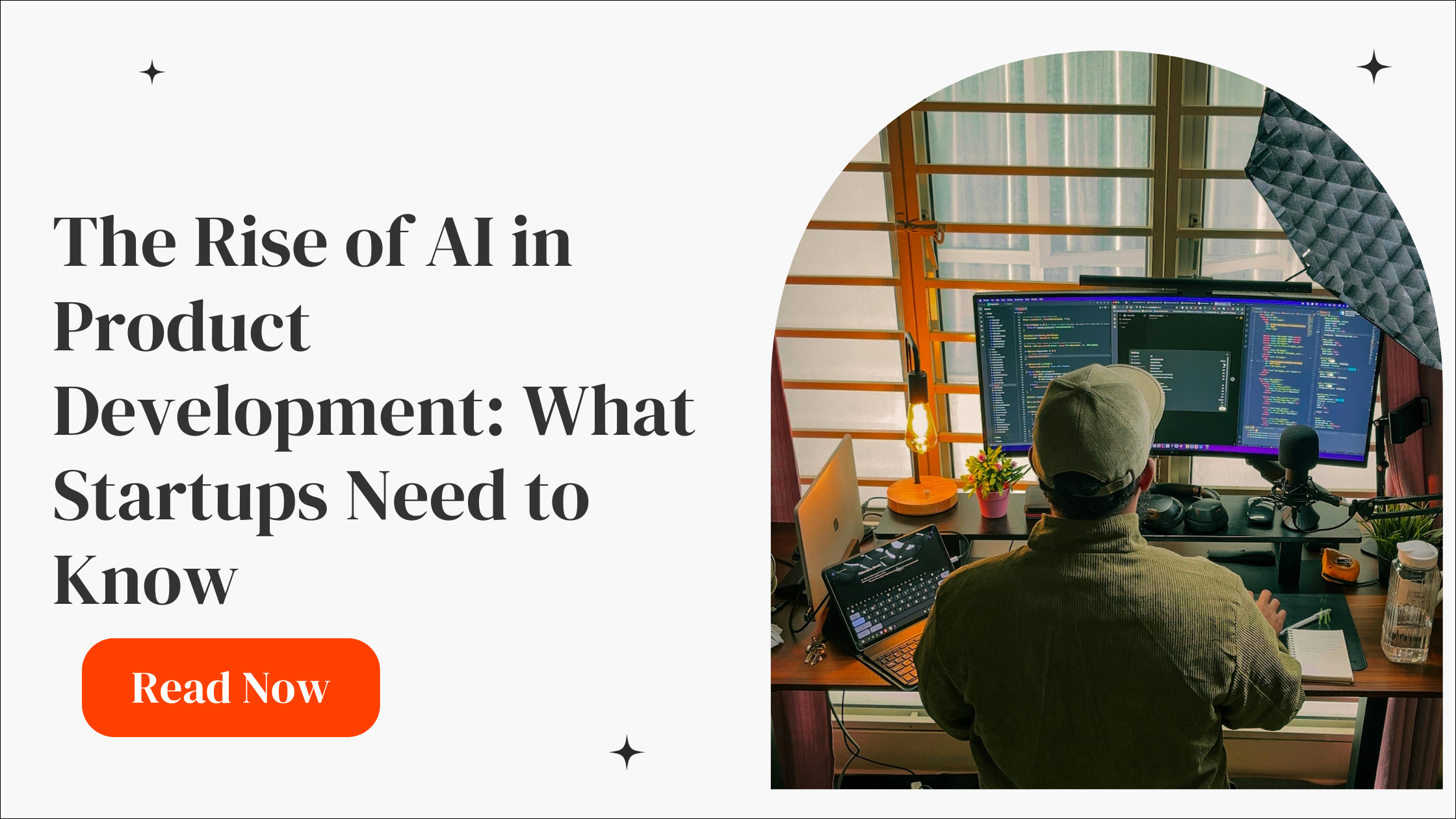
The Rise of AI in Product Development: What Startups Need to Know
Learn how AI is transforming product development for startups. From MVPs to scaling, here’s what founders need to know in today’s AI-driven world.
Read more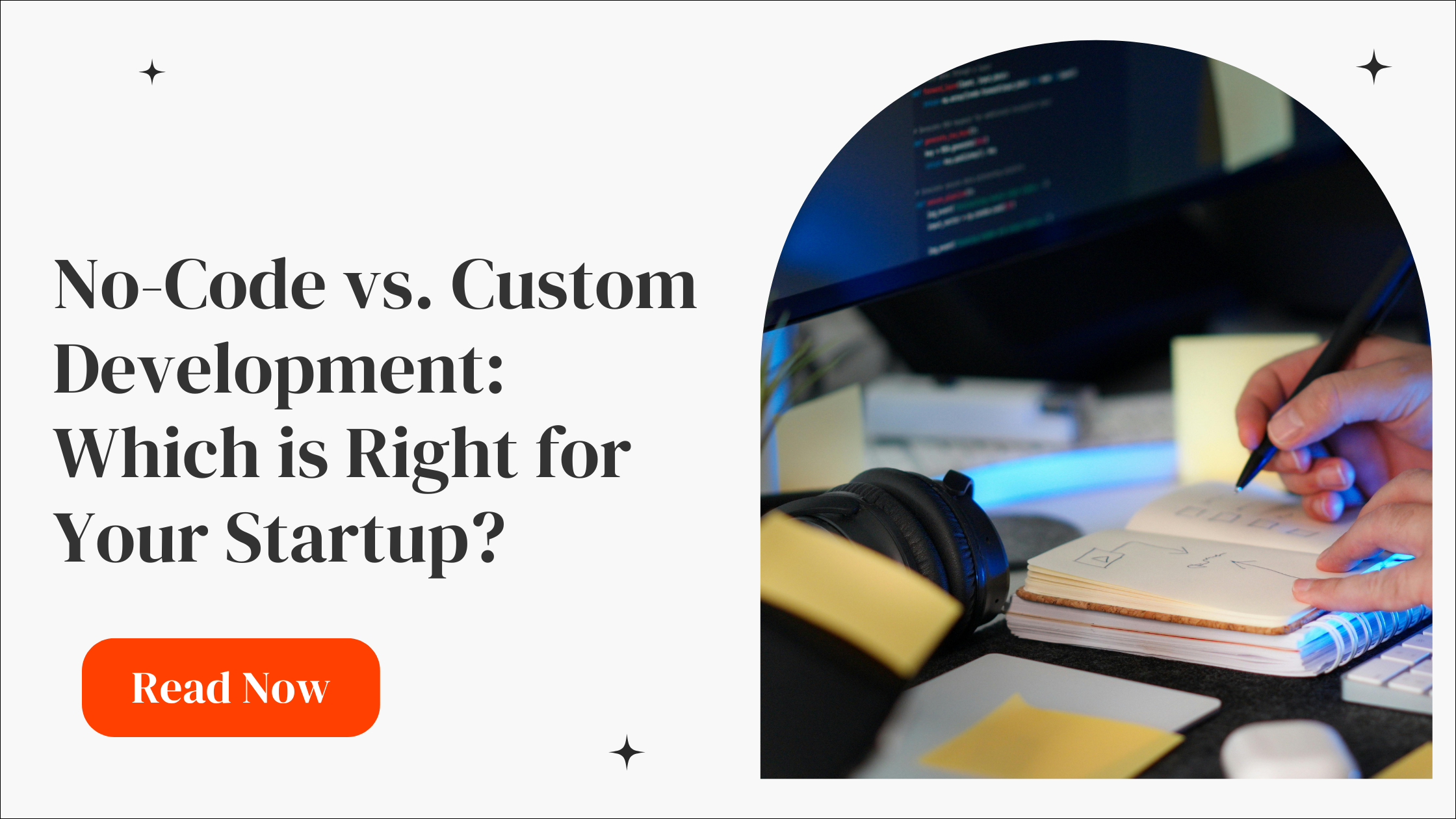
No-Code vs. Custom Development: Which is Right for Your Startup?
Weighing no-code vs. custom development? Learn which is right for your startup depending on stage, budget, and product complexity.
Read more
What is Mixpanel?
Learn how Mixpanel helps startups track user behavior to improve products and accelerate growth with clear data-driven insights.
Read more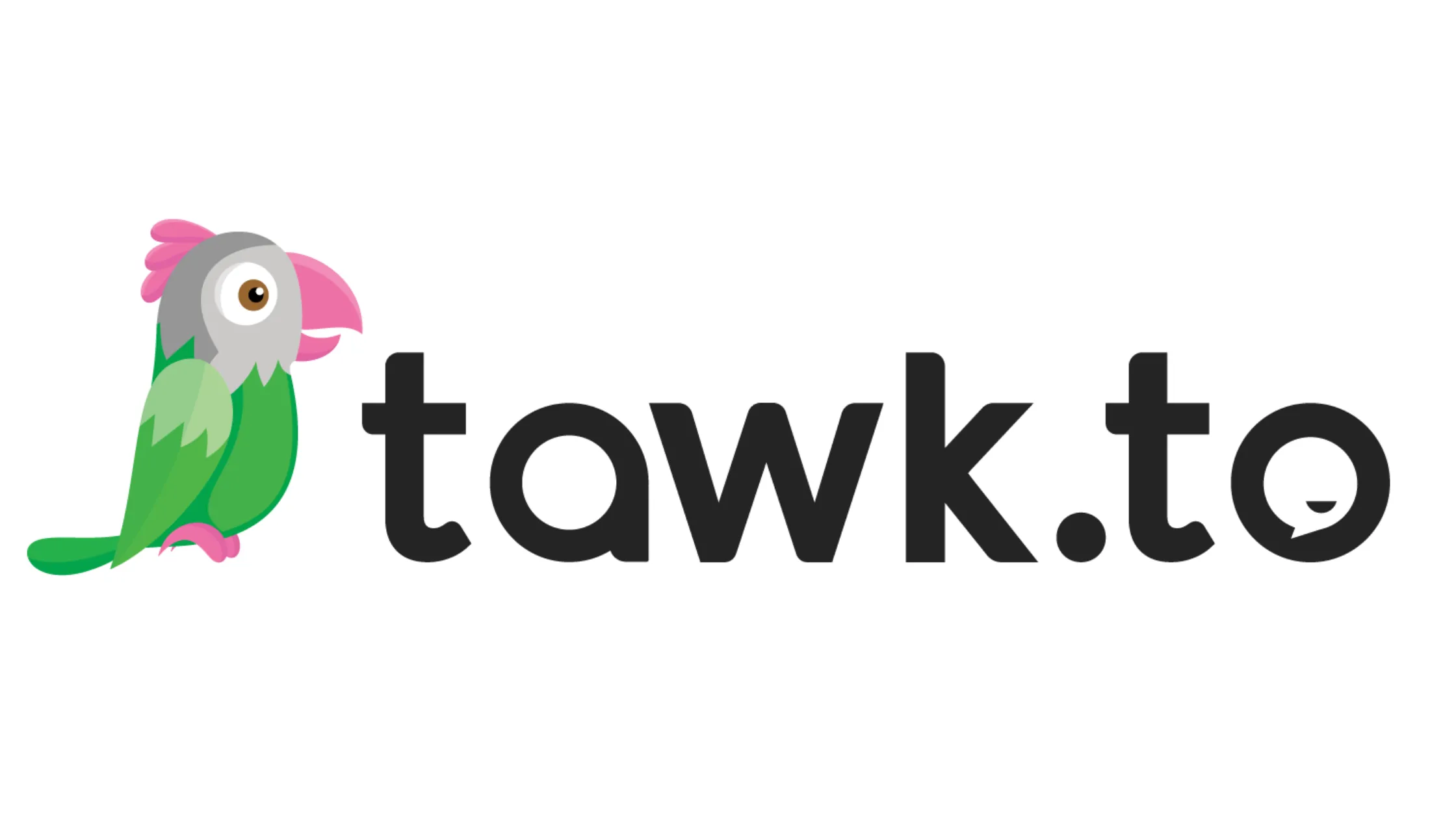
How Tawk.to Can Boost Your Startup’s Customer Support Game
Learn how Tawk.to can benefit startups by enhancing customer support and engagement. Perfect for early-stage founders!
Read more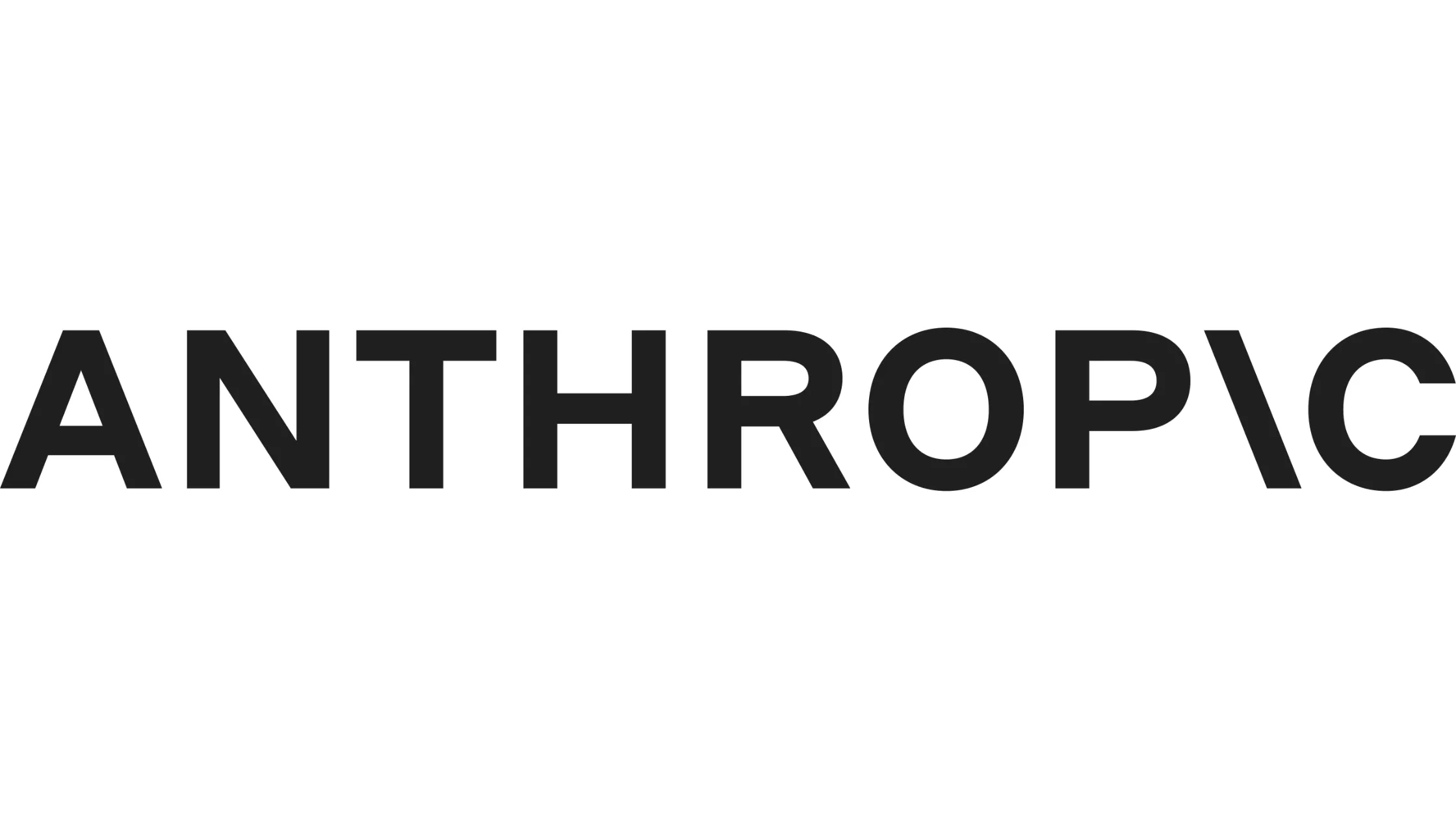
Grow Your Startup With Anthropic's AI-Powered Tools
Discover how Anthropic's cutting-edge AI tools can accelerate your startup's success. Learn about their benefits and see why they can be trusted by startups.
Read more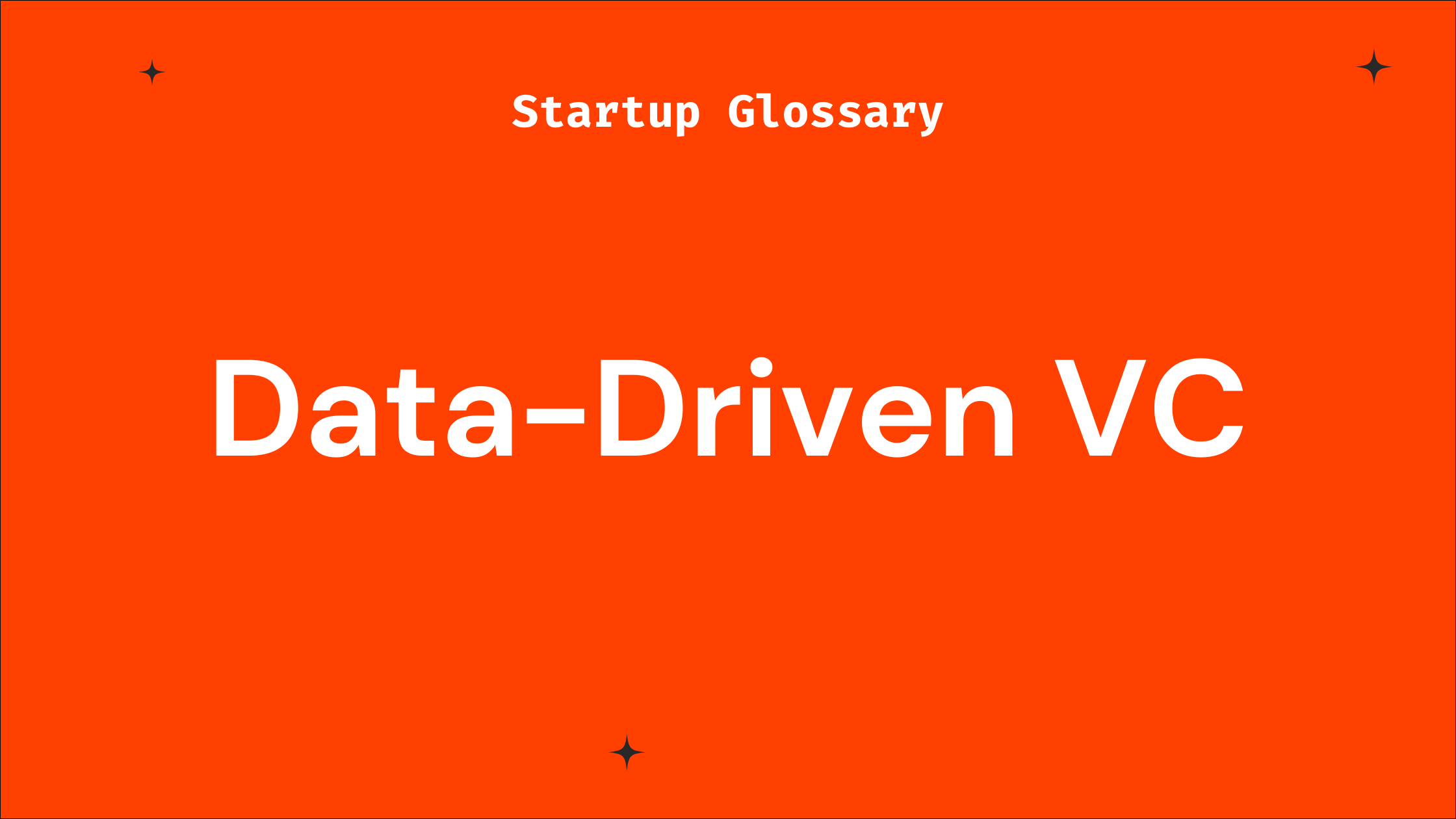
What is Data-Driven VC?
Learn what a data-driven VC means and how such investors can benefit your startup’s growth and fundraising journey.
Read more
What is Blockchain?
A beginner-friendly guide on blockchain for startup founders, covering key concepts, benefits, challenges, and how to leverage it effectively.
Read more
What is Cybersecurity?
Learn cybersecurity basics tailored for startup founders. Understand key risks, best practices, and how to protect your startup from tech threats.
Read more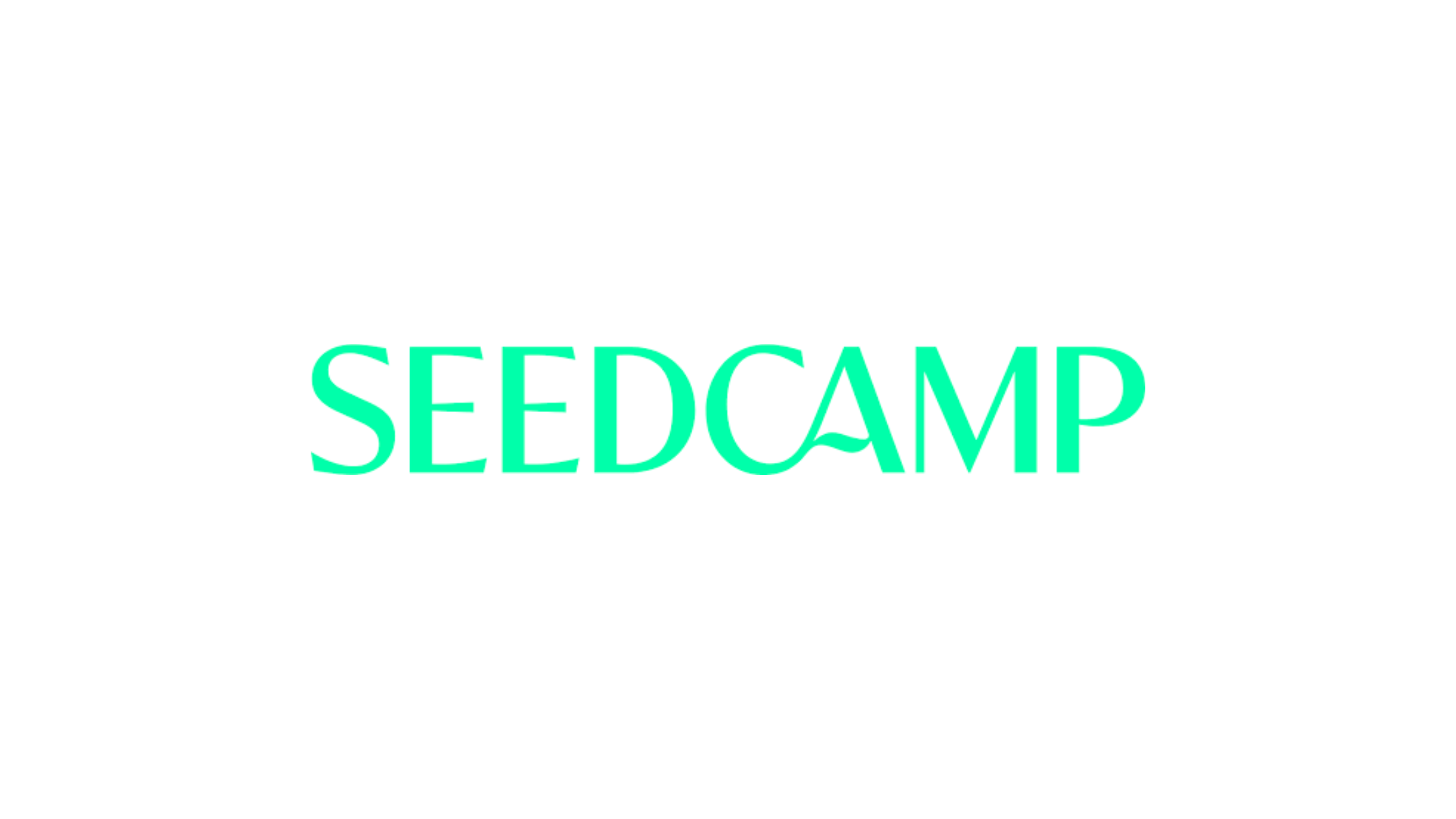
What is Seedcamp?
Learn what Seedcamp is, how its European seed fund and accelerator program work, and how founders can use its capital, mentorship, and network to scale their st
Read more
What is AngelList?
AngelList is a prime platform connecting startup founders to investors, talent, and resources to accelerate early-stage growth.
Read more
What is 500 Startups?
Learn what 500 Startups (now 500 Global) is, how its accelerator and seed fund work, and when founders should consider it—plus tips for early-stage startups.
Read more.webp)